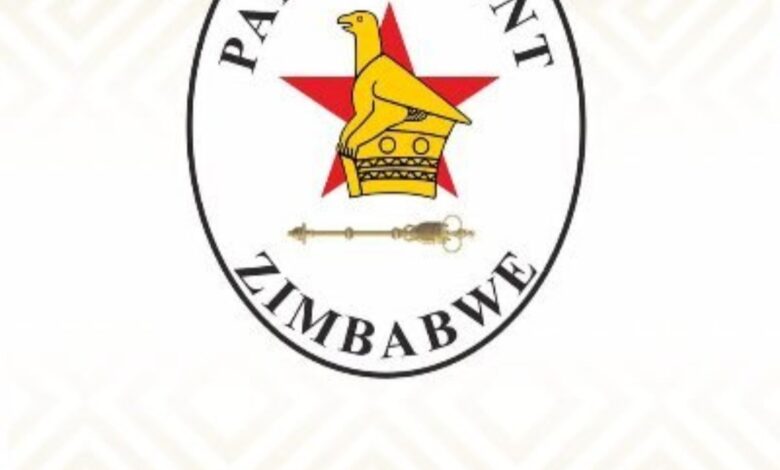MPs demand urgent medical fund for wildlife attack victims

Nqobizwe Thebe
Zimbabwe’s crumbling rural healthcare system came under fierce scrutiny in Parliament as lawmakers called for urgent reforms to protect victims of human-wildlife conflict during debate on the Parks and Wildlife Amendment Bill [H.B. 1, 2024].
MPs warned that citizens mauled or trampled by wild animals are being forced to choose between death and unaffordable hospital bills, with many rural families unable to access even the most basic emergency care. Lawmakers from across party lines united in demanding the creation of a dedicated medical fund to cover the cost of treating injuries caused by wild animals such as elephants, lions, and crocodiles.
Hon. W. Maposa led the charge, urging government to “open an account” for medical expenses, saying: “Victims of wildlife attacks should not pay a single cent at the hospital. They should be treated immediately, not told to go and look for money while suffering.”
His remarks resonated with Hon. Bonda, who highlighted the devastating human cost of delayed care in remote regions like Hwange and Binga: “Five men have been trampled by elephants every year. Families are left without breadwinners, no school fees, no help from government because this Bill has taken too long.”
Currently, the Bill proposes a Human-Wildlife Conflict Relief Fund to compensate victims financially for injuries, deaths, and property damage. But MPs insist this must go further by explicitly covering healthcare costs, especially in Zimbabwe’s under-resourced rural districts.
Hon. Njanji warned that without direct health coverage, the fund will fall short: “Many people die after attacks simply because they can’t afford hospital bills.” Several legislators also called for the decentralisation of relief offices, suggesting these be set up in conflict hotspots like Kariba, Binga, and Hwange, instead of Harare or Bulawayo, to speed up response times.
Zimbabwe has recorded over 60 serious human-wildlife conflict cases annually, according to ZimParks data, with elephants and crocodiles responsible for most fatal encounters. But access to trauma care remains limited in affected areas, and ambulance services are nearly non-existent.
The Minister of Justice, Legal and Parliamentary Affairs, Hon. Ziyambi Ziyambi, acknowledged the concerns and encouraged MPs to bring formal amendments during the Committee Stage. “We are setting up the fund to deal with these issues,” he said, confirming that the second reading of the Bill had passed. The Committee Stage begins 11 June 2025, with Parliament expected to refine the final version in the coming days.
With wildlife attacks on the rise and health services strained, MPs say the Bill must deliver real relief — not just compensation on paper, but life-saving medical support for Zimbabweans at the frontlines of the human-wildlife crisis.





